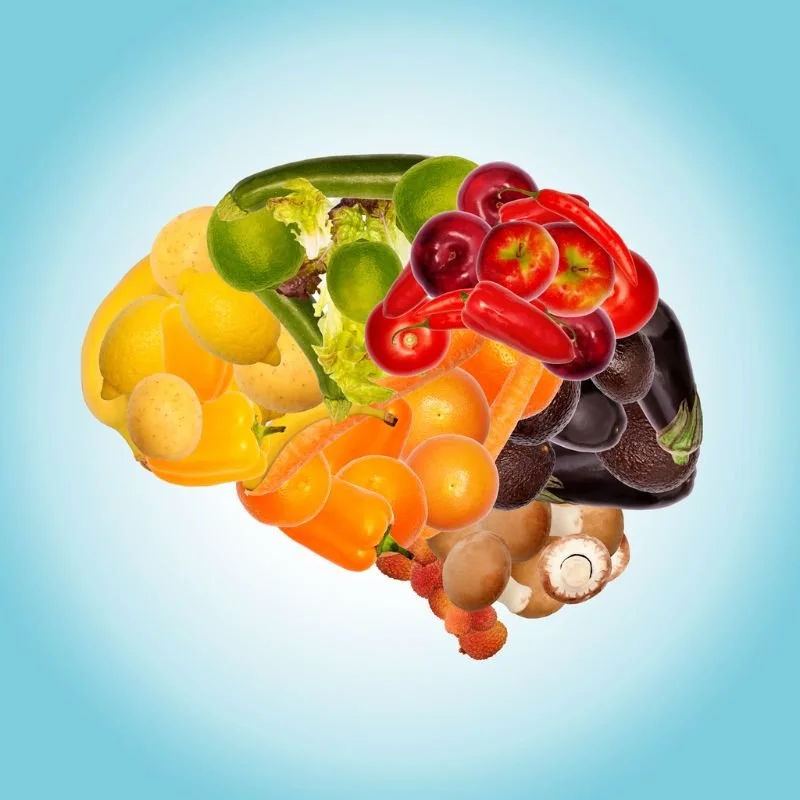Preventing Alzheimer's
Dear Caregivers,
If you are a caregiver of a loved one suffering from Alzheimer’s, you may no doubt be wondering if you are susceptible to the disease yourself as well — especially if you and your loved one are genetically related. It’s true that recent studies have shown a genetic connection between inheriting some forms of genes and getting Alzheimer’s, but the number of people having this genetic profile is very small — less than 2% of the U.S. population. But even "having the gene" for Alzheimer's is not a guarantee an individual will develop the disease.
Whether or not an individual develops Alzheimer’s appears to be influenced by a combination of genetics, health conditions, and lifestyle. Scientific studies have revealed that Alzheimer’s is closely related to a person’s overall cardiac and metabolic health: Some researchers, citing the relation between diet and heart health to the disease, are referring to Alzheimer’s as “Type 3 Diabetes.”
The good news is that for many people, including those who are who are already suffering from cognitive impairment, a program of diet and exercise can prevent, delay, and help manage the disease.
Remember, there are no silver bullets or miracle cures — yet. But there is hope.
Here is the hope!
Reducing The Risk of Alzheimer's Disease:
An increasing number of studies are suggesting that following certain lifestyle guidelines can help mitigate the risks of developing Alzheimer’s. Learn more here.
The Mind Diet: Meal Planning to Fuel the Brain:
Scientific studies have shown that the MIND diet is associated with a slower rate of cognitive decline and a reduced risk of developing Alzheimer’s disease. Here’s a guide.
How to Combine the MIND Diet and the Diabetic Diet:
If you have diabetes, or have been told you have "pre-diabetes", take steps now to reduce the damage diabetes can inflict on your brain. Our NAN Expert and Nutritionist, Pat DeAngelis, RN, LCN, offers a guide for anyone wanting to benefit from the MIND diet while also keeping diabetes in check. Here’s how.
Remember, if you can’t find the information you need on our website, you can always “Ask NAN” by clicking on this link.
Best,
Rosemary D Laird, MD, MHSA
Founder and Chief Medical Officer
“We must accept finite disappointment, but never lose infinite hope.”
— Martin Luther King, Jr




